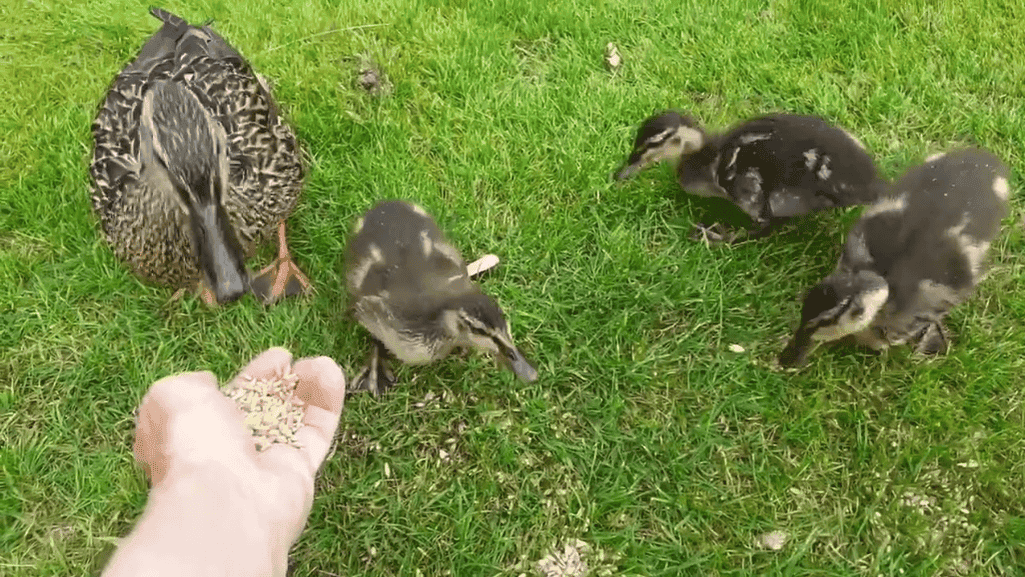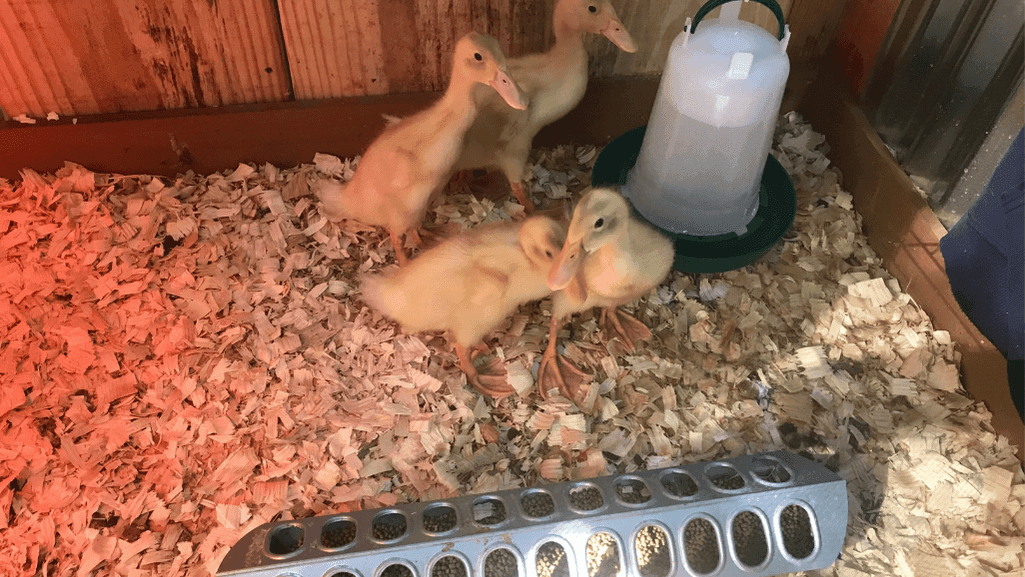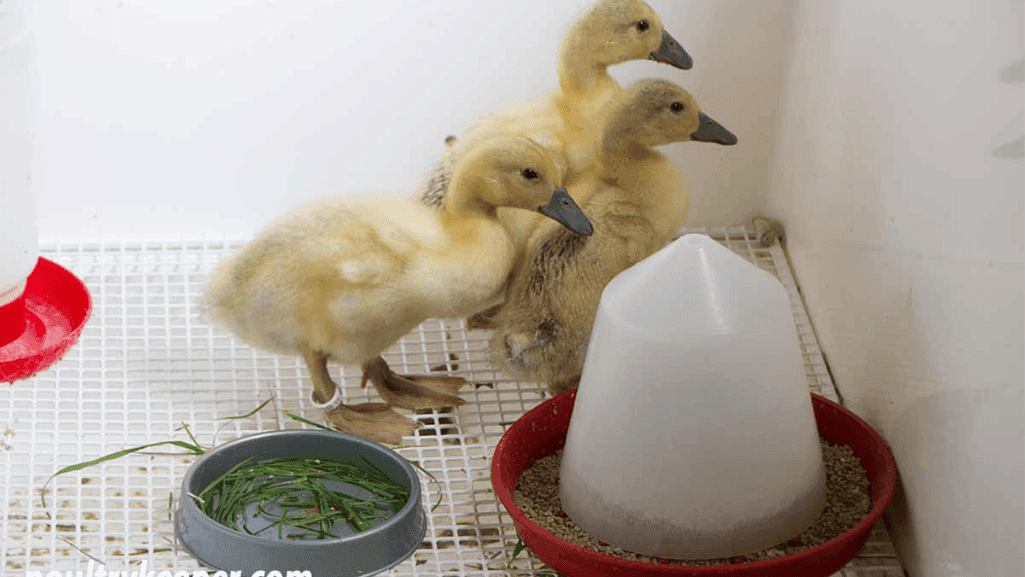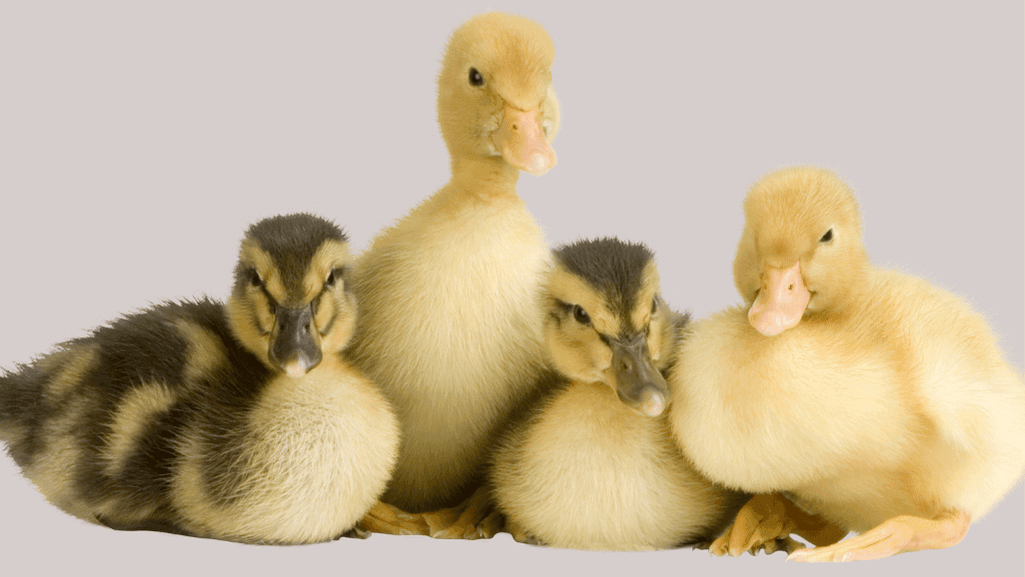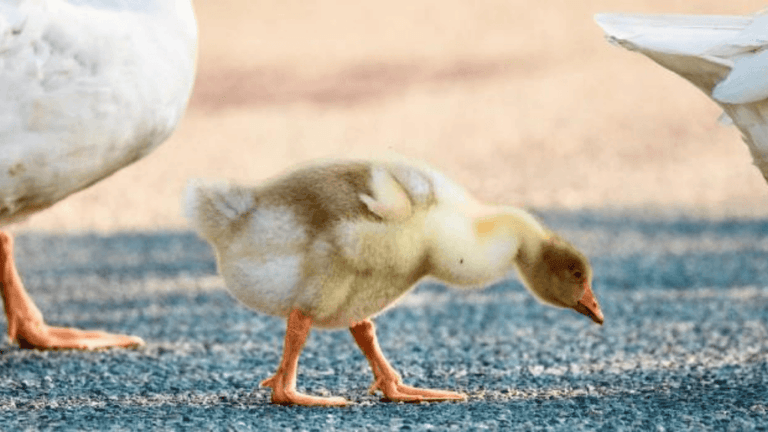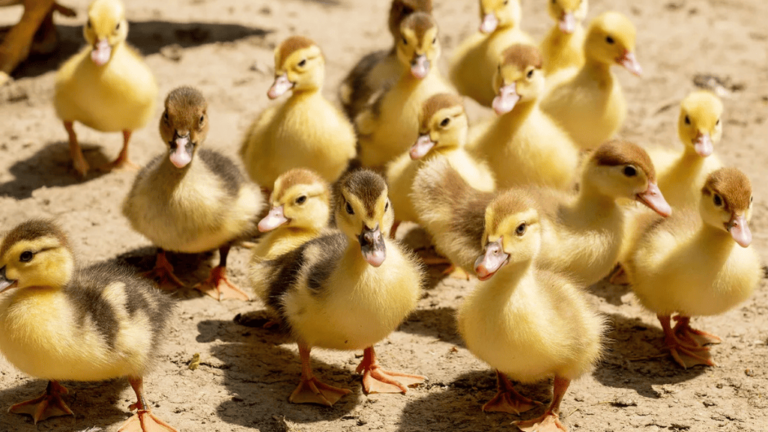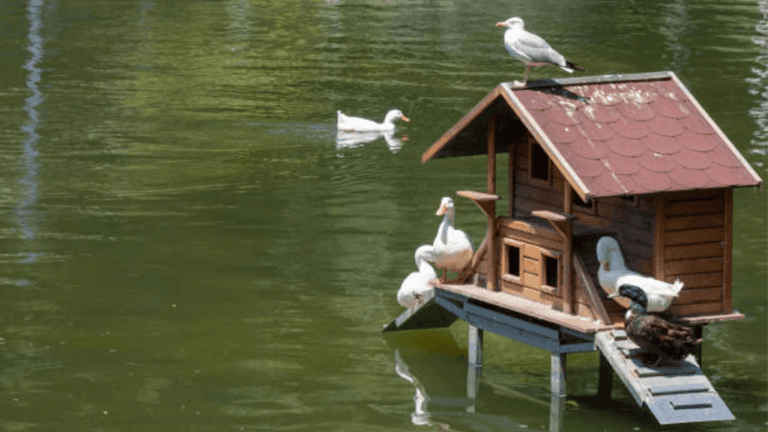Raising ducklings is a rewarding experience. It needs careful attention to their needs, mainly in the early stages. At 3 weeks, ducklings grow fast and need a balanced diet, clean water, and a safe place to thrive. Proper duckling care is key for their healthy growth.
At this stage, watching their health and behavior is vital. They can get sick easily. Giving them the right food, keeping them warm and safe, and making sure they have clean water are important. By understanding their needs and creating a safe space, you can help your ducklings grow into healthy adult ducks.
Key Takeaways
- Ducklings need a warm brooding area with a temperature of about 85°F at 3 weeks old.
- A balanced diet with 18-20% protein is vital for their growth and development.
- Clean water should always be available, and may need to be changed daily if there are many ducks.
- Ducklings should not swim until they are at least 4 weeks old.
- Raising at least two ducklings together is recommended for their social interaction.
- Proper hygiene, like washing hands after handling ducklings, is important to prevent diseases like Salmonella.
- Ducklings raised by people lack the skills to survive in the wild and should not be released into natural habitats.
Understanding the Needs of 3 Week Old Ducklings
Ducklings at three weeks old are in a fast-growing stage. They grow as quickly as several years for a human child in just one week. They are learning to be independent but need guidance and protection. By this age, they have their own personalities and are getting better at moving.
It’s important to provide the right duckling housing. They need a clean, dry place to live. Brooders and water need to be cleaned every day. The ideal duckling temperature starts at 90 degrees Fahrenheit and goes down by 5 degrees each day.
Basic Care Requirements
Three-week-old ducklings need a temperature between 76-70°F. This can be kept with a heat lamp or brooder plate. They need a shallow water dish for drinking and to keep their nostrils moist. But, they shouldn’t swim too deep until they are 5-6 weeks old.
Importance of Warmth
Keeping the right temperature is key for their health and growth. As they grow feathers, they need external heat to stay warm. It’s important for caregivers to watch the brooder temperature and adjust it as needed.
Nutrition Basics
A balanced diet is essential for their growth. They need high protein, starting with 21%-22% protein chick starter. This is until they are 2 weeks old. Then, they move to 16% – 18% chick starter crumbles until they are 6 months old. Greens and treats can be added at 2 weeks of age. Ducks need more niacin/B3 than chickens.
“Ducklings are messy, and it is important to keep the brooder clean and dry for their health.”
Ducklings grow fast, making their brooders wet and dirty. Caregivers must clean up often to keep their home healthy. Watching them grow and develop their unique personalities is very rewarding.
Creating a Safe Environment for Your Ducklings
When you have 3-week-old ducklings, it’s key to make their space safe and comfy. A clean, dry duckling brooder with good bedding and enough room is vital. This helps your little feathered friends grow well.
Ideal Housing Conditions
To care for your ducklings best, keep their brooder at 85-90 degrees Fahrenheit. As they get bigger, slowly lower the temperature. This helps them get used to the outside temperature. Make sure the brooder has a non-slip surface, like a rubber shelf liner or towels. This prevents leg problems and keeps them comfy.
Give each adult duck at least three square feet (about 18 inches by 18 inches) in the coop. This space lets your ducklings move freely as they grow.
“Ducklings need a safe, warm, and spacious environment to grow into healthy, happy adult ducks.”
Indoor vs. Outdoor Setup
Indoor duck housing is best for young ducklings. But, you can let them go outside for short times when it’s warm and sunny. Make sure the outdoor area is safe and won’t let predators in. When your ducklings are almost four weeks old, start letting them swim in a shallow, safe place. They’ll have enough feathers to keep warm.
A good duckling home should be warm, safe, and clean. By creating a caring space, you’ll help your ducklings become healthy, happy adult ducks.
Feeding 3 Week Old Ducklings
As your ducklings grow, their diet needs change. At three weeks, they need a balanced diet for fast growth. Duckling starter feed is key, but remember other important things too.
Recommended Diet Options
By three weeks, ducklings should move from high-protein starter feed to a grower feed with less protein. This feed will last until they are about 18 weeks old. Adding brewers yeast to their feed is also good. It gives them niacin for growth.
Start giving them small amounts of treated greens and insects as duckling treats. This makes their diet more interesting and helps them forage naturally. Safe treats include:
- Cut grass
- Kale
- Swiss chard
- Lettuces
- Cucumber
- Peas
“Ducklings will eat more than chicks, so too much feed can make them sick quickly.”
Watch how much they eat to avoid health problems. They also need grit for ducklings for digestion, which is important when eating greens. Use chick-sized grit until they are about 16 weeks old.
Frequency of Feeding
At three weeks, ducklings need to eat at least three times a day. They digest food quickly, so they need food often. Use a shallow dish and refill it 2-3 times a day. As they grow, you can feed them less often but always make sure they have clean water.
By giving them the right food and feeding schedule, your ducklings will grow strong and healthy. Introduce new foods slowly and watch for any signs of stomach problems or discomfort.
Recognizing Health Issues in Ducklings
As a responsible duck owner, it’s important to watch your ducklings closely. Duck breeds are usually healthy if they eat well and drink fresh water. But, they can get sick. Spotting illness early helps you get them the care they need.
Common Signs of Illness
Look out for signs like being very tired, not wanting to eat, or having weird droppings. Seizures, vomiting, and droopy wings are also red flags. Diseases like Hardware Disease, Botulism, and Aspergillosis can cause these problems. If you see any of these, see a vet right away.
Other issues include Bumblefoot, which affects some breeds, and eye problems from dirt or injuries. Ducklings can also get stuck or have other problems that need vet help.
Preventative Healthcare Tips
Keeping your ducklings healthy starts with a clean, safe place to live. Make sure they eat well and don’t get too crowded. They need more niacin than chickens for strong bones. Too much protein can cause angel wing, so mix their food with oats.
Make sure they have deep water to swim in. But, young ducklings can drown because they’re not waterproof yet.
When to Consult a Veterinarian
If you see any signs of sickness, get help from a vet who knows about birds. They can help figure out what’s wrong and how to fix it. This ensures your ducklings get the best care.
Ducklings do best with friends. Keep them in groups to keep them happy and healthy. Knowing about duckling health and taking steps to prevent problems helps them live long, joyful lives.
Socialization and Habituation
Socialization and habituation are key for raising friendly ducklings. Ducklings are social creatures that benefit from being around others. Duckling socialization helps them learn important social skills. Even if you have one duckling, it’s vital to give them lots of human interaction.
Importance of Social Interaction
Studies show that social experiences greatly impact human-animal interactions. In one study, red junglefowl chicks sought human contact during a task. This shows how social experiences shape behavior.
Research on bobwhite quail chicks also found that early social and physical experiences affect their development. These experiences can influence their ability to explore and solve problems.
Introducing Ducklings to Other Animals
Introducing ducklings to other animals, like adult ducks or chickens, should be done slowly and under watch. This helps them learn from others and adjust smoothly. Observations of mallard ducklings show that specific calls from their mother can teach them to be cautious.
By managing the introduction carefully and providing a safe, enriching space, your ducklings will grow up to be well-adjusted and social. They will enjoy the company of their feathered friends.


